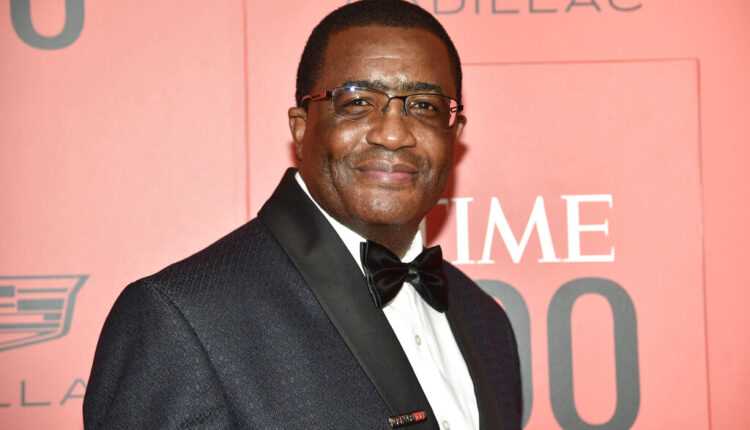
The Zimbabwean laboratory director at the Botswana-Harvard AIDS Institute Partnership Sikhulile Moyo has reflected on the importance of global cooperation and response during global pandemics after he revealed the omicron variant.
“The international response made me reflect on what global cooperation and solidarity must look like when we fight a common threat like COVID-19.
“The response to the identification of the omicron variant showed us the triumph of collaborative science and the failure of global public health or lack of coherence in response after so many months into the pandemic,” Moyo said in a recent interview.
This is the man who led the team that sequenced and discovered the highly infectious omicron variant in November, 2021.
He discovered omicron while doing genomic sequencing in his lab when he noticed three cases which were different with an unusual pattern.
Moyo expressed pride in the way he and his international colleagues were transparent about their findings and sounded the alarm to the rest of the world.
It didn’t take long for scientists around the world to sequence their own samples and find the omicron variant was present before Moyo’s discovery was announced.
Related Stories
“Although it was not initially easy to deal with reactions, I look back with confidence that science and data transparency save lives,” he said.
According to Moyo, the world’s negative response has brought people back to the table of global public health, as the pandemic reminds people that viruses do not know borders, especially in this era where people are connected.
In May 2022, Time magazine recognised Moyo as one of its “100 most influential people of 2022.”
Meanwhile, Dr. John Nkengasong, then-director of the Africa Centres for Disease Control and Prevention, wrote about Moyo’s discovery in a May 23 article for the magazine.
“It was a transformational moment and a shift in paradigm — one that for me symbolised that excellence in science can originate in Africa,” he noted.
Moyo contracted Covid-19 weeks after the omricon discovery which led to severe symptoms as well as a change to his diabetes medicine to destabilise his blood sugar which also led to frustrations stirred by the travel restrictions.
Moyo said that travel bans had more negative impacts on individuals and the economy more than the positives which slowly had been reviving with tourism and other signs of normalcy.
“Today we speak the same language of pandemic preparedness,” he said.

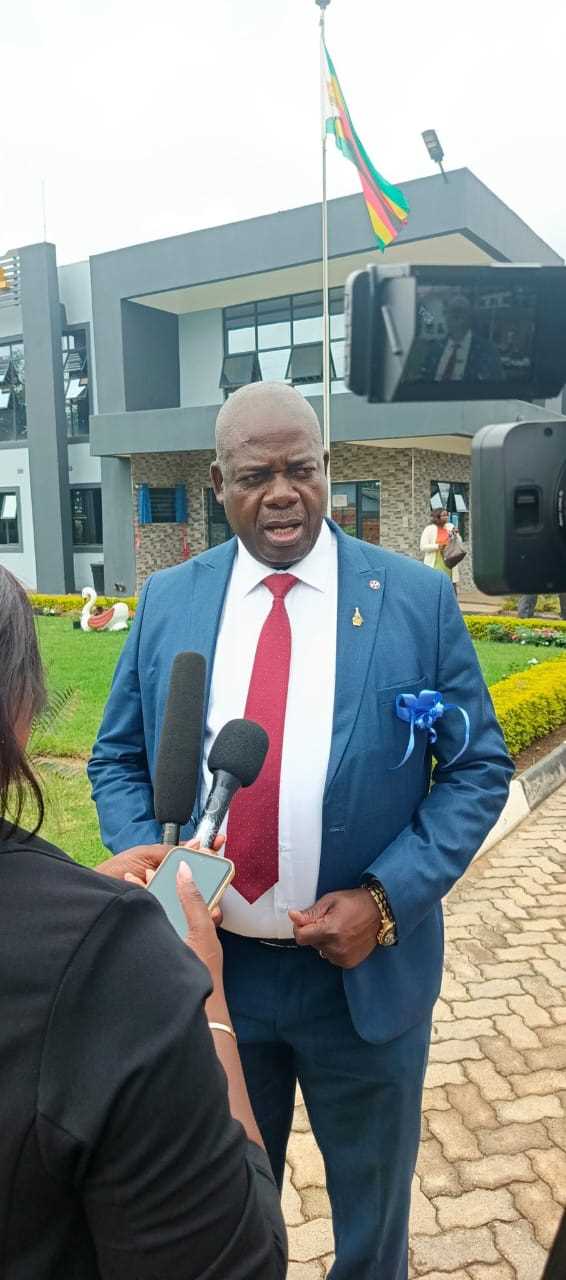
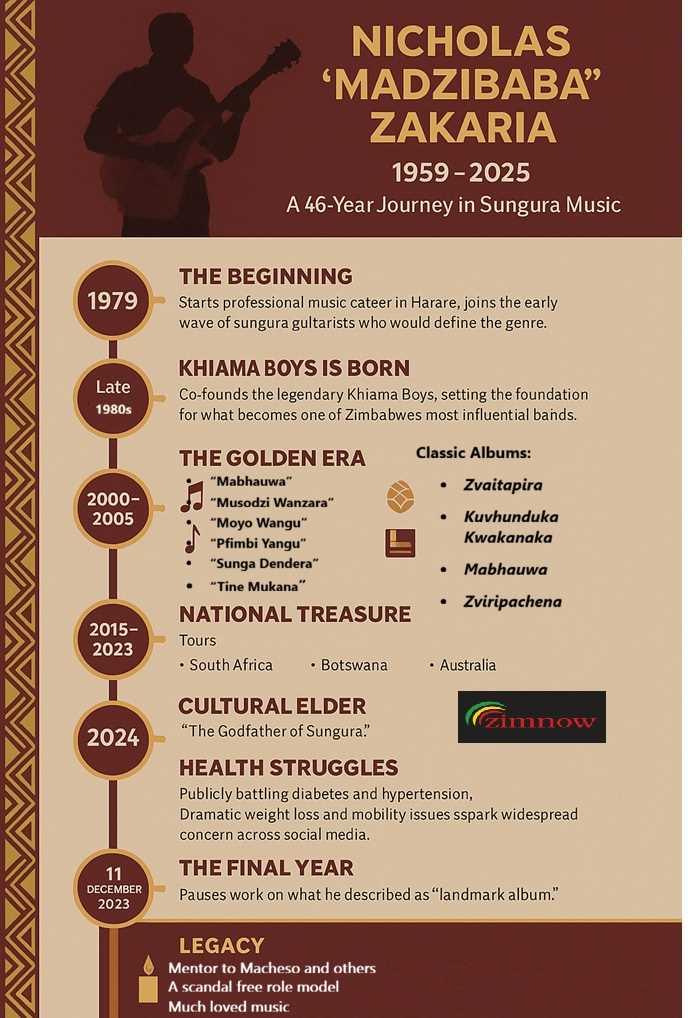
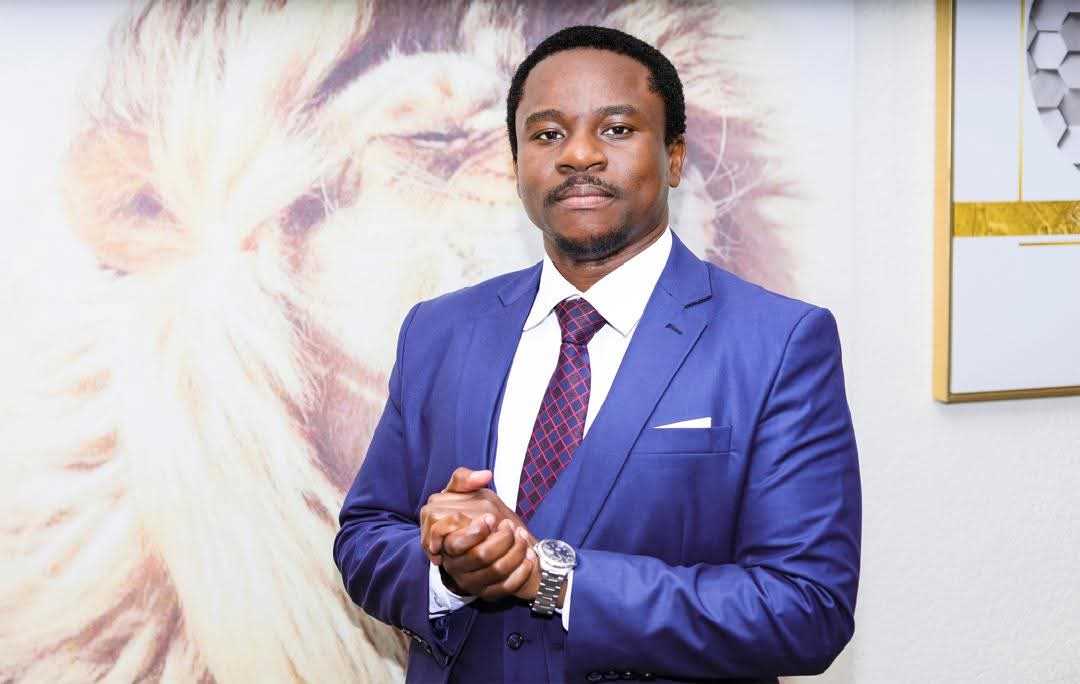



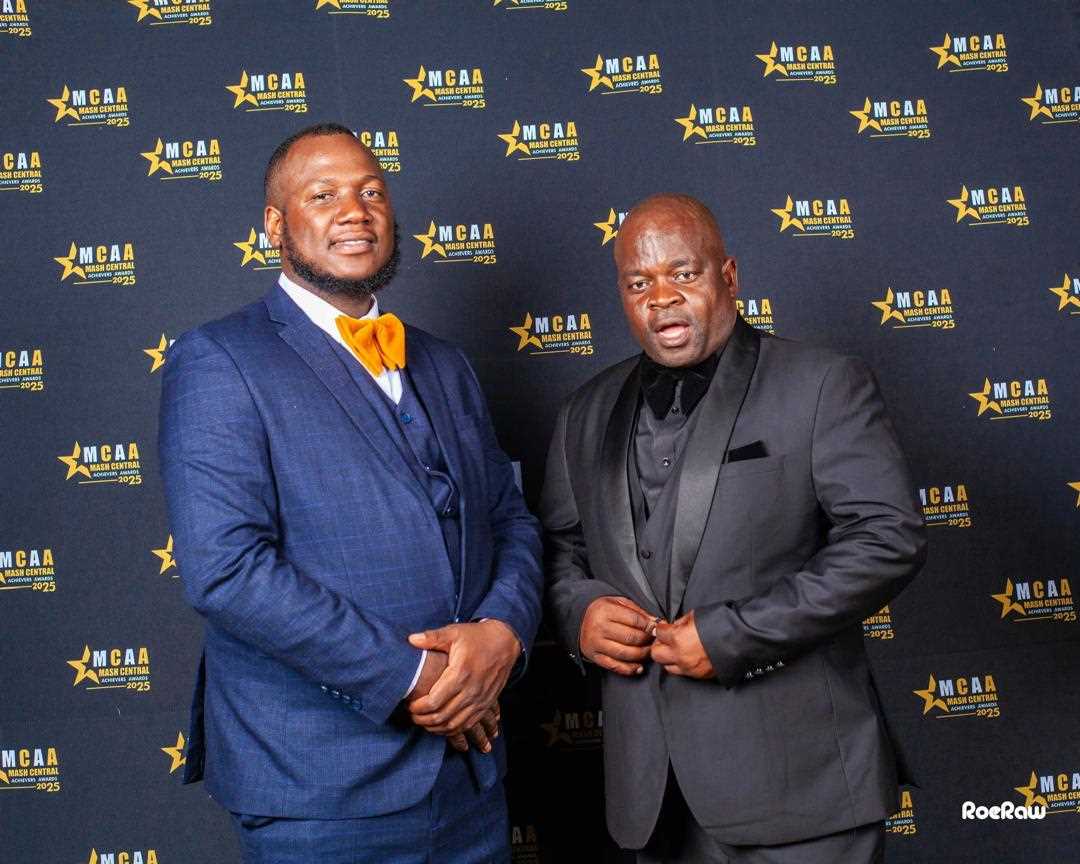



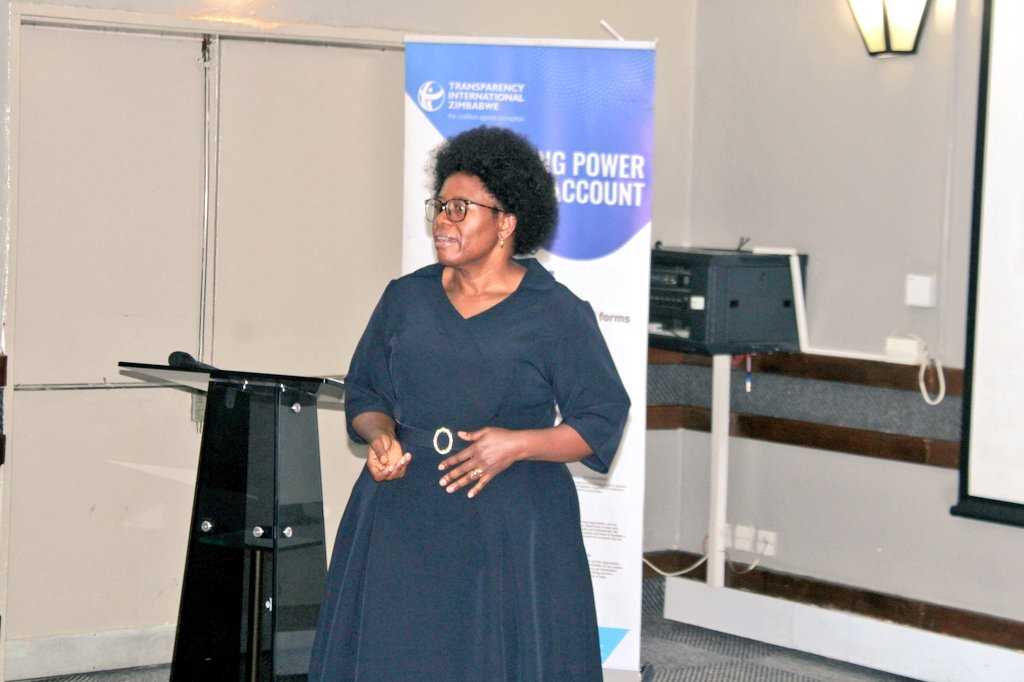


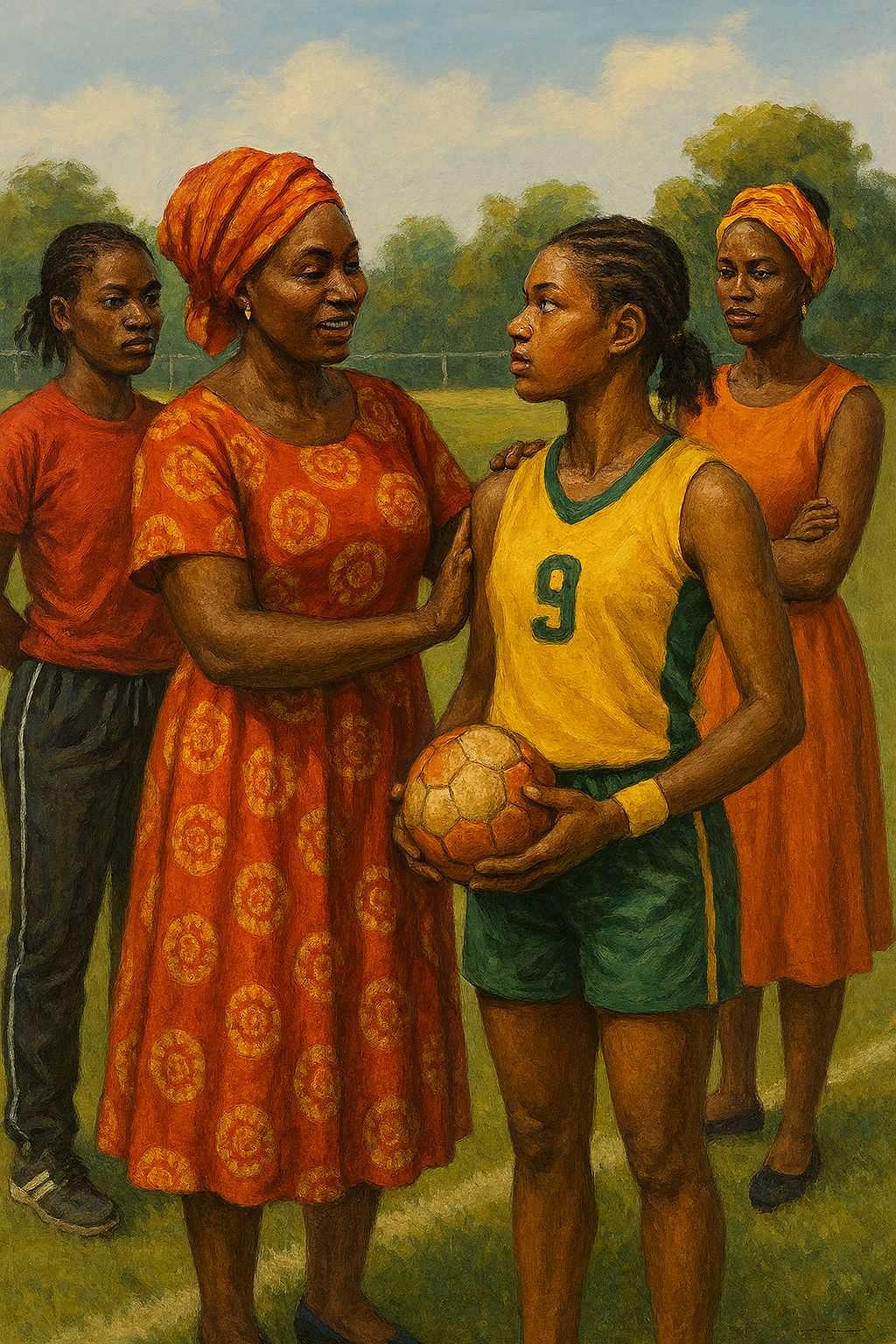
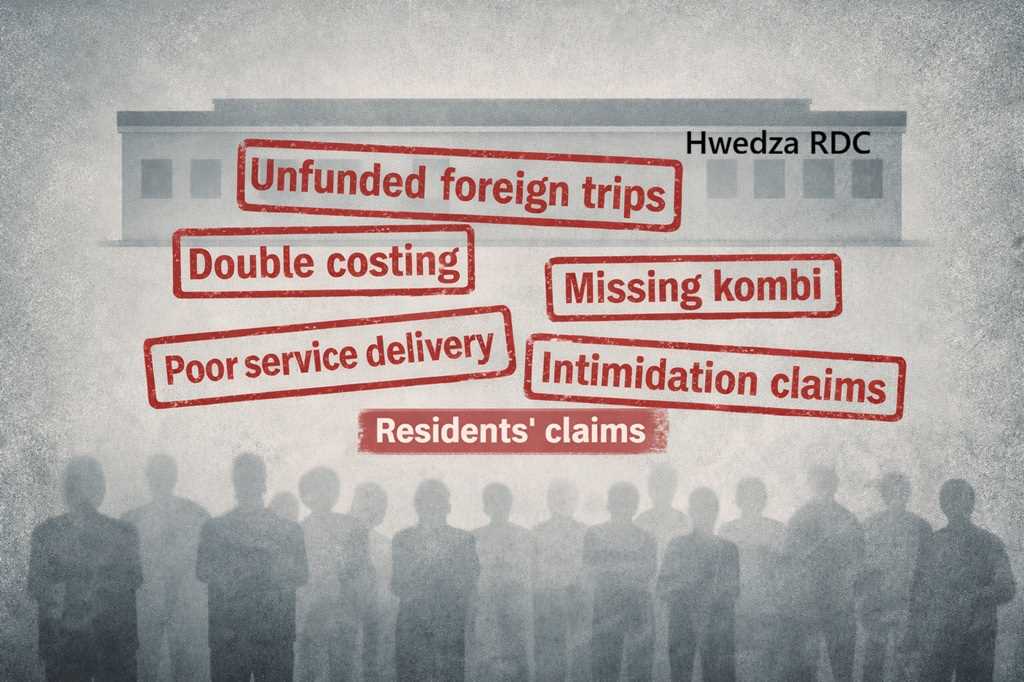




Leave Comments